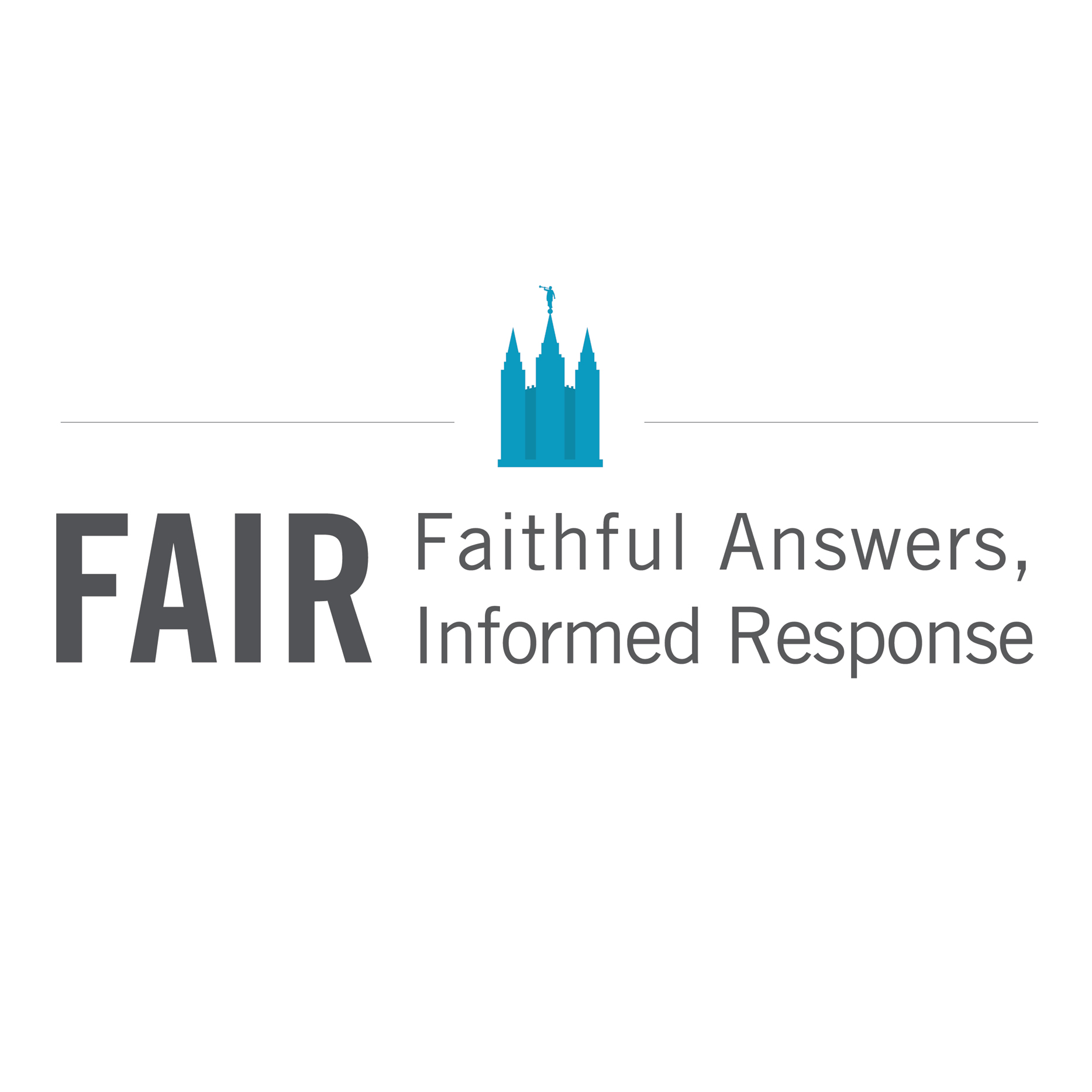- After-Shows
- Alternative
- Animals
- Animation
- Arts
- Astronomy
- Automotive
- Aviation
- Baseball
- Basketball
- Beauty
- Books
- Buddhism
- Business
- Careers
- Chemistry
- Christianity
- Climate
- Comedy
- Commentary
- Courses
- Crafts
- Cricket
- Cryptocurrency
- Culture
- Daily
- Design
- Documentary
- Drama
- Earth
- Education
- Entertainment
- Entrepreneurship
- Family
- Fantasy
- Fashion
- Fiction
- Film
- Fitness
- Food
- Football
- Games
- Garden
- Golf
- Government
- Health
- Hinduism
- History
- Hobbies
- Hockey
- Home
- How-To
- Improv
- Interviews
- Investing
- Islam
- Journals
- Judaism
- Kids
- Language
- Learning
- Leisure
- Life
- Management
- Manga
- Marketing
- Mathematics
- Medicine
- Mental
- Music
- Natural
- Nature
- News
- Non-Profit
- Nutrition
- Parenting
- Performing
- Personal
- Pets
- Philosophy
- Physics
- Places
- Politics
- Relationships
- Religion
- Reviews
- Role-Playing
- Rugby
- Running
- Science
- Self-Improvement
- Sexuality
- Soccer
- Social
- Society
- Spirituality
- Sports
- Stand-Up
- Stories
- Swimming
- TV
- Tabletop
- Technology
- Tennis
- Travel
- True Crime
- Episode-Games
- Visual
- Volleyball
- Weather
- Wilderness
- Wrestling
- Other
By Study and Faith – Episode 5: Epistemology
by Zachary Wright Introduction In my life, I’ve found that everyone has a specific philosophy that they live by, whether they realize it or not. Nowhere is this more true than when it comes to the philosophical branch of epistemology. Epistemology, while sounding complicated and boring to some, is just the fancy way of saying “the study of knowledge.” Consider the following: Epistemology is the theory of knowledge. It is concerned with the mind’s relation to reality. What is it for this relation to be one of knowledge? Do we know things? And if we do, how and when do we know things? These questions, and so the field of epistemology, is as old as philosophy itself. (1) As we can see, this is a pretty deep topic, and I doubt I could cover everything about epistemology in this article. For example, a branch of epistemology touches on whether or not it’s even possible to know anything, and we’re not going to be getting into that. However, we will be going over the branch of epistemology that covers “how do we know what we know,” or in other words, “where do we learn what we know.” Why does this matter? Critical thinkers need to establish an epistemology so that they can develop levels of confidence about the validity of certain information. With that confidence, it becomes easier for us to make decisions in light of the evidence, and solve problems. In this article, we’re going to be explaining some terms, then go over some sources from which we can learn, and then explore how these concepts can relate to LDS theology. Hopefully, that will help explain this complex issue in a useful way. Knowledge & Certainty Now, a brief definition of terms is warranted here. Knowledge is a tricky thing to define, and there is a lot of discussion about how every epistemology fails to account for something at some point (2). However, this does not mean that all epistemologies are created equal, and there are good ways to establish confidence about an idea regardless. For this article, when I use the term “knowledge,” I’m going to be borrowing from philosophy professor Michael Huemer’s definition of it as outlined in his book Understanding Knowledge. Michael Huemer suggests that there are four things that we need to have knowledge, which is referred to as the “defeasibility theory of knowledge.” It’s outlined in his book in the following way: Belief: You have to believe that it’s true Truth: it must agree with reality Justification: there has to be a reason for you to believe it There can’t be any proposition that, if added, would remove the justification for believing it (3) This model, as with all models, has some presuppositions. It presupposes that objective truth exists, and that it is indeed knowable through specific processes. (Whether or not it does exist is another discussion; but to be fair, claiming the opposite would in itself be a claim of objective truth, so denying objective truth is a self-defeating proposition, and in my opinion, should be avoided.) In short th

